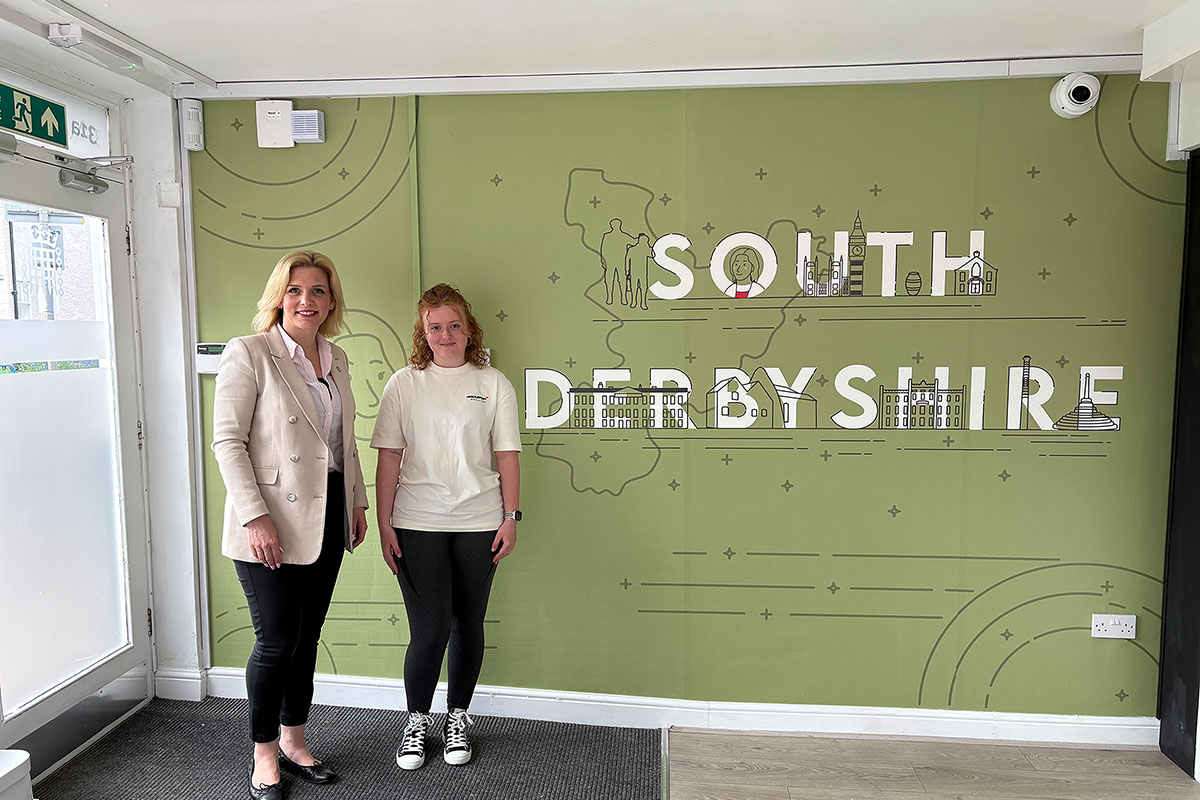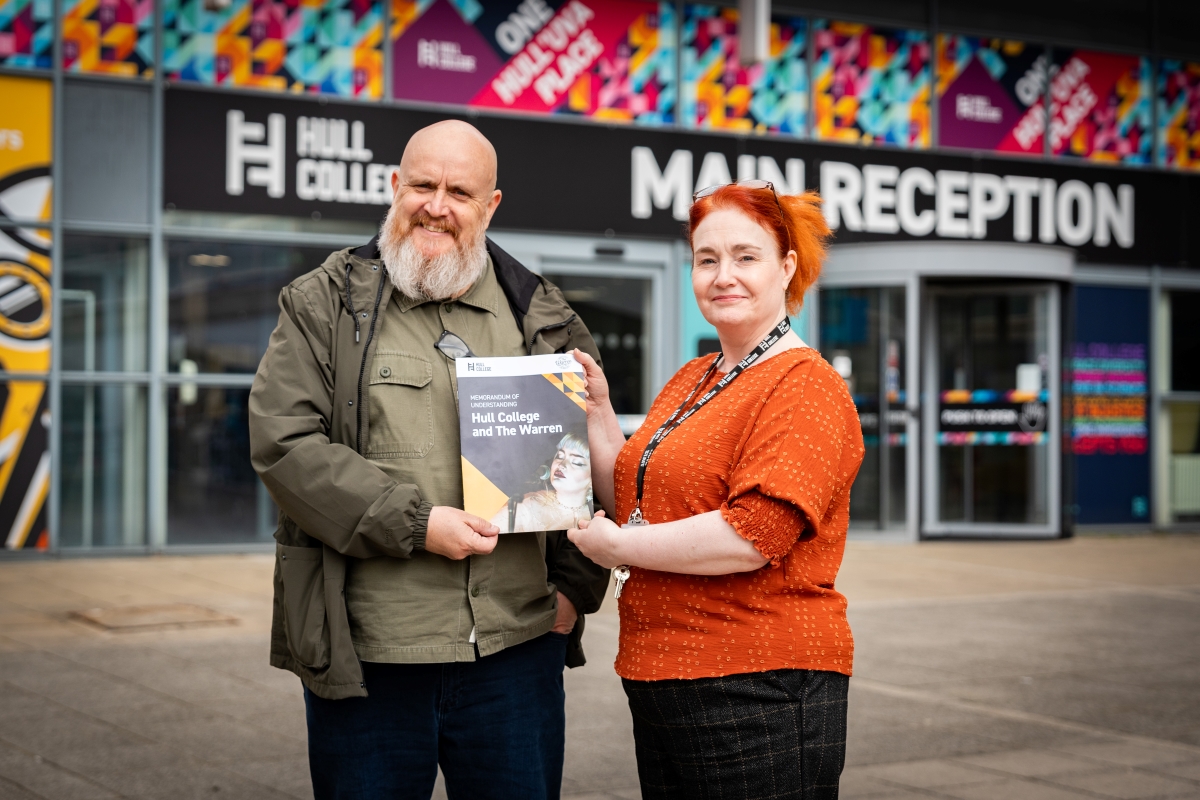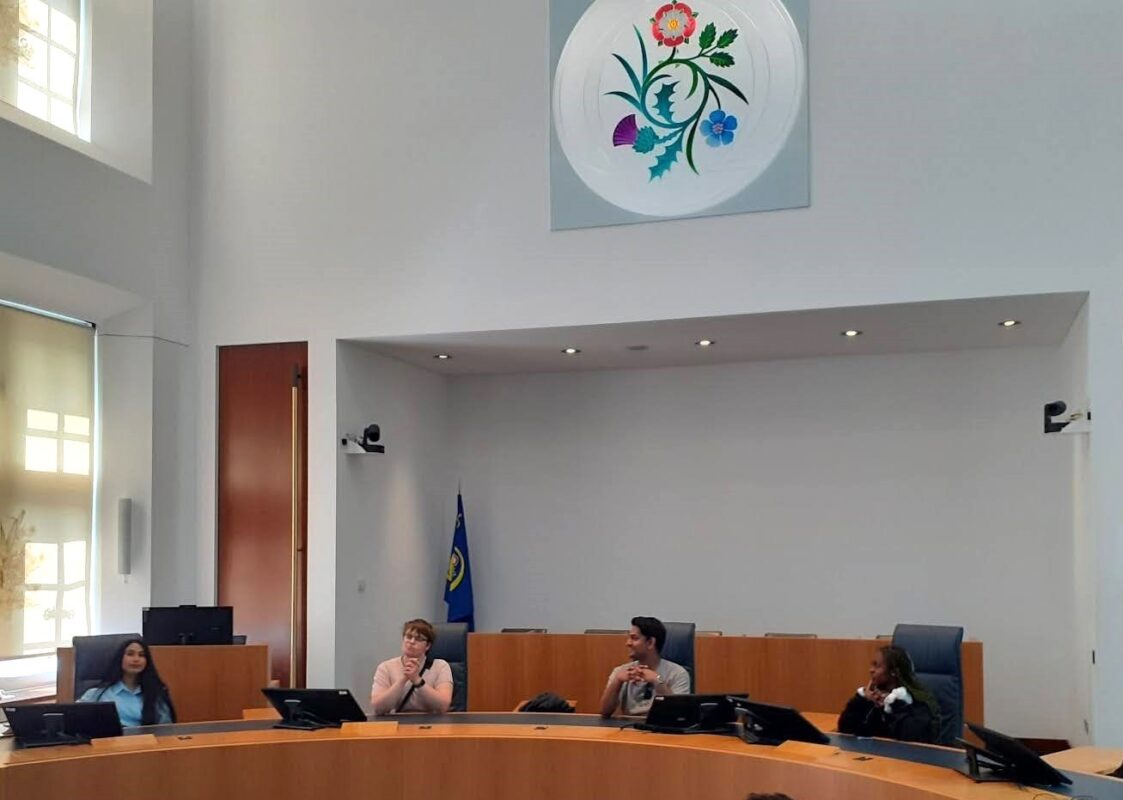74% of people in the UK feel alienated from entrepreneurship, finds new charity report

The majority of people in the UK feel alienated from entrepreneurship, according to new research from inclusive business charity Hatch Enterprise. The data revealed that 74% of people did not believe that an entrepreneur was someone who resembled them.
This is important, claims the charity, as these feelings of exclusion create a barrier to access and prevent so many people from believing that they can launch their own business. The findings, detailed in The Entrepreneurs Club report launched today, also show that business founders who were male and founders who were white were seen as more likely to succeed compared to other parts of society.
Over a quarter of people (27%) believed that men were more likely to succeed than women, and the same number thought white people had a higher chance of success than those from an ethnic minority background.
Comparatively only five percent and four percent believed that women and ethnic minority founders respectively had greater chances of success. Additionally, women, disabled people, and LGBTQ+ people all reported lower confidence in starting a business than the average person.
For the past decade, Hatch Enterprise has been working to make the world of entrepreneurship more inclusive, providing support, funding, and opportunities to underrepresented founders, especially women, disabled people, and those from ethnic minority backgrounds.
It says that historically a lack of access to finance and networks as well as stigma and discrimination have presented barriers to people from these groups looking to launch and grow their own businesses. Hatch commissioned this research via global public opinion and data company YouGov to better understand public perceptions of the sector.
Isabella McDonnell is a young business founder from the West Country and also a graduate of one of Hatch’s business support programmes. As a woman of colour running a socially-focused organisation, Roots of Belonging which launched this year, she understands what it is like to exist outside of people’s traditional image and expectations of entrepreneurship.
She said:
“I think in society we get given a particular image of what an entrepreneur looks like, how an entrepreneur should relate to people, how they should be pitching for things. What excites me is doing things very differently from that.”
Rebekah Capon, Hatch Enterprise’s Managing Director, explains why the findings of this report are so important in considering social equality:
“Sadly many people in Britain feel excluded from this sector.
“For too long entrepreneurship has been the privilege of a select few with the wealth, networks, and financial safety net to either make their dreams a reality or fail without substantial financial consequences. This report explores the unequal systems that place entrepreneurship out of reach for so many as well as the perceptions that are holding people back from success.
“We hope that people reading this report start to question their own assumptions of who gets to be an entrepreneur in modern Britain, and really consider if it could be a path for them. For those wanting to explore this possibility, Hatch’s doors are always open.”











Responses